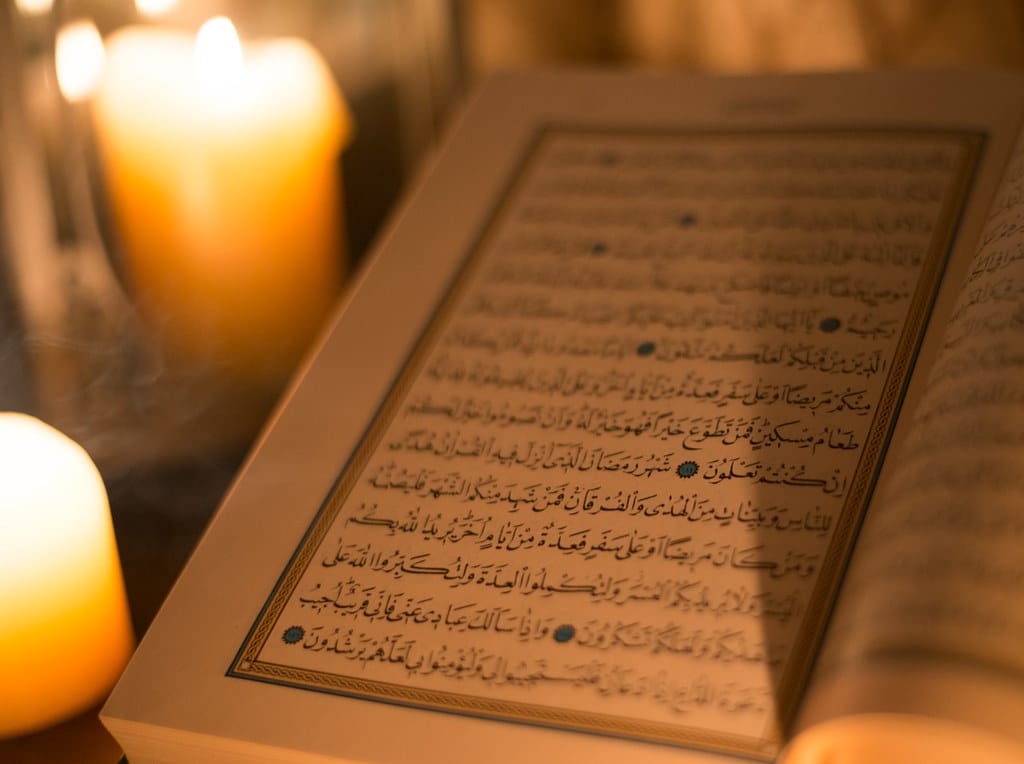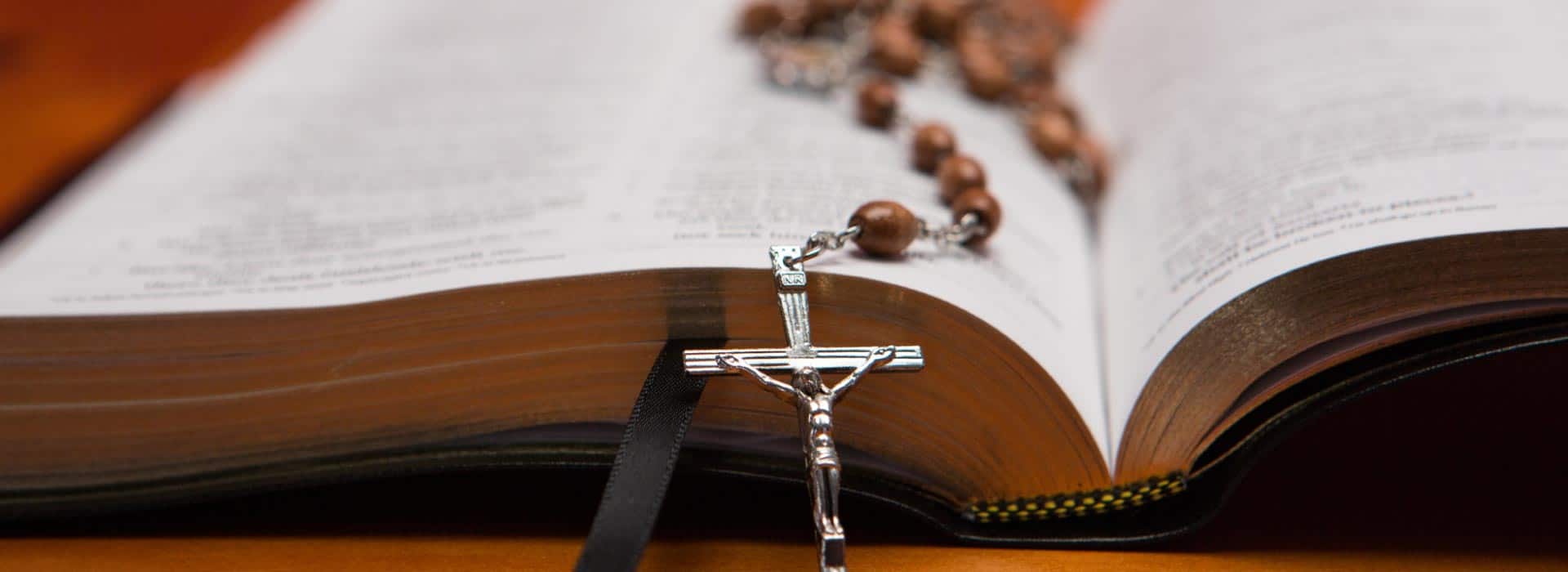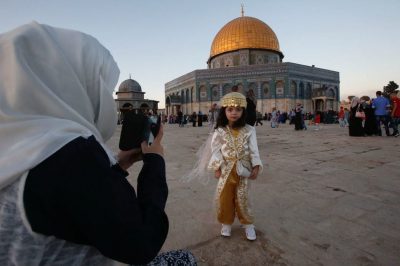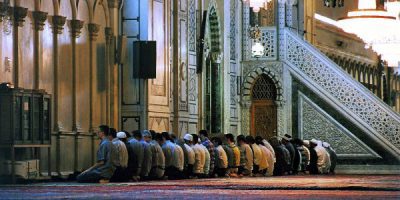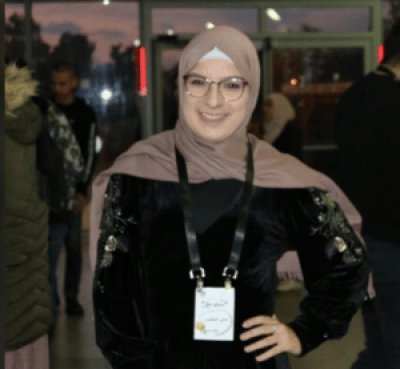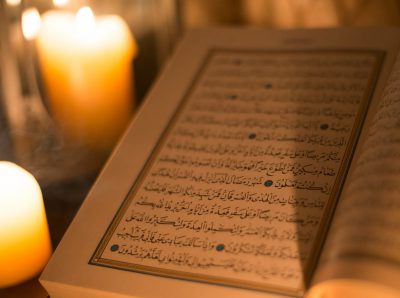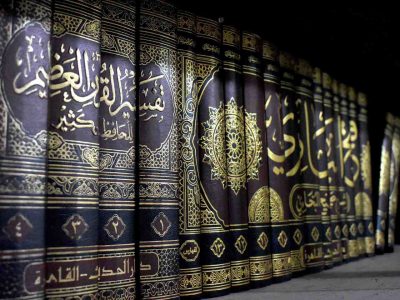The Qur’an is the primary religious text in Islam, believed to be orally revealed by God to the Prophet Muhammad through the angel Jibril (Gabriel) over a number of years. As such, Muslims believe the Qur’an is the literal word of God. It is divided into 114 surah (chapters), made up of multiple ayat (verses). Muslims believe that the revelation of the Qur’an was proof of Muhammad’s prophethood, and his most significant miracle. Several of Muhammad’s companions transcribed the Qur’an, as Muhammad himself could not write. After Muhammad’s death, his companions compiled the Qur’an in its full length. The Qur’an provides the basis for sharia (Islamic religious law), alongside hadiths (the traditions of Muhammad) and Islamic jurisprudence.
The Qur’an contains several important Islamic doctrines, such as monotheism, eschatology (the description of the afterlife and the day of judgement), the importance of prophets and angels (who reveal God’s word to the Prophets), and encouragement of developing knowledge and the sciences.
During prayers the Qur’an is recited in Arabic, and it must be read or listened to in silence. Memorisation of the Qur’an is revered, with someone who has memorised the whole text being known as a hafiz(a). Over the course of Ramadan, Muslims are expected to recite the whole text during tarawih prayers. To understand the meanings of verses, Muslims use critical interpretations or tasfir (commentaries), rather than the direct translation of the text itself. As the Qur’an is sacred, it must always be placed on top of other books, and Muslims cannot drink or smoke when it is being read aloud.
The correct recitation of the Qur’an (tajwid) is very precise, with each syllable having a correct pronunciation and there being significant attention to the location of pauses. Reciters are trained by qualified teachers, and there are two types of pronunciation: murattal (at a slower pace, used for study and practice), and mujawwad (a slow recitation which uses melodic modulation, as used by trained experts for public performances).

